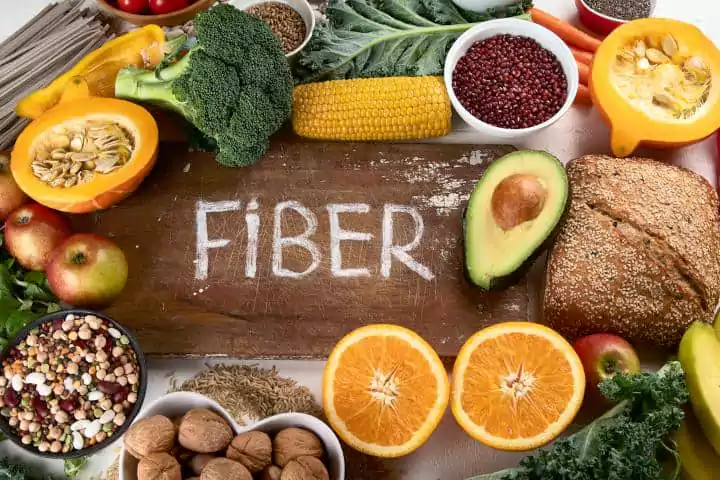
Understanding Carbs:
Carbohydrates have a bad reputation, due in part to the recent popularity of so-called high-protein, low-carbohydrate diets for weight loss. Classifying foods as carbs, proteins or fats is misleading since few foods are composed purely of one macronutrient, and the quality of the food can vary significantly.
A high-carbohydrate diet could also be a plant-based, whole-foods diet with phytonutrient-rich fruits and vegetables at the base, with a moderate amount of whole grains and healthy low-fat proteins to balance nutritional needs.
But, since sugars, refined flour products (such as white bread and pasta) and refined grains (such as polished white rice) are all considered simple carbohydrates, a diet that is based primarily on refined grains, while it could be low in fat, could also be very high in calories because these low-fiber grain foods are not particularly filling.
Individuals who consume a diet of this type may sometimes feel virtuous for avoiding fat, but they could easily gain weight on a diet based on refined grains.
Consuming Healthy Carbs:
Carbohydrates are an important element in the diet, and many of the foods that are rich in complex carbohydrates are also rich in fiber and phytonutrients. Good carbs are simply fruits, vegetables and some whole grains.
The other reason these carbs are “good” is that they provide more than just energy to the body. There is also vitamins and minerals tagging along – and in the case of fruits, vegetables, beans and grains, we also pick up some fiber and antioxidants, too. Dairy products also fall in this category because foods like low fat milk, yogurt and cottage cheese deliver carbohydrate to the body in the form of naturally-occurring sugars.
Carbohydrate needs per day should be met first by consuming five to nine servings per day of diverse and colorful fruits and vegetables, which provide a wealth of beneficial substances. If more carbohydrates are needed, they can be supplied by whole grains and legumes (e.g., beans). A low-carbohydrate diet restricts carbohydrate grams to such a low level that individuals consuming these diets cannot benefit from the many health benefits of fruits and vegetables.
Carbohydrates are made up of atoms of carbon, hydrogen and oxygen but no nitrogen, and are broken down into sugars, such as glucose and fructose. Undigested carbohydrates are eliminated from the body and are referred to as dietary fibers.
Suggested daily carbohydrate intake in a meal (50-55% of calories).
Courtesy
Glow With Health Wellness Solutions









.webp)